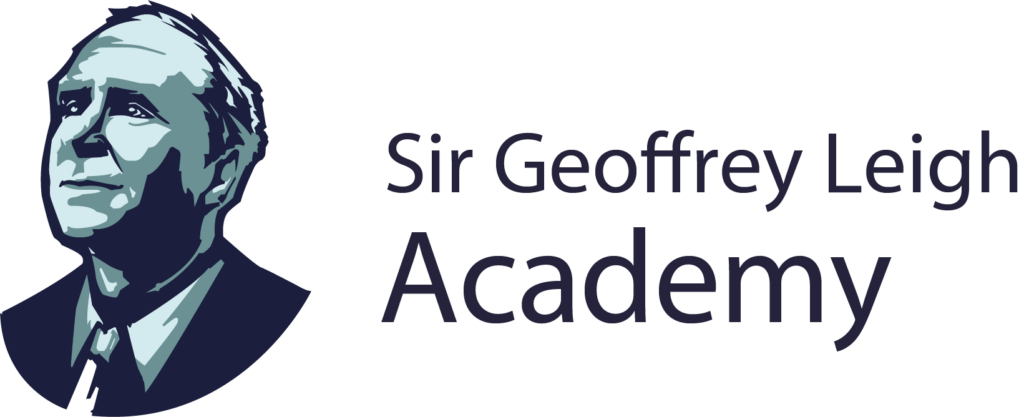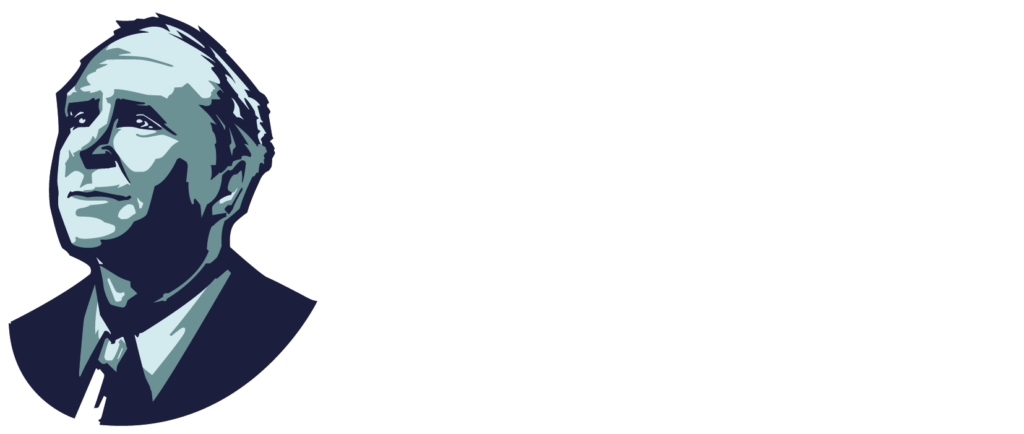Drama is just an entertaining way of learning communication skills.
There are no plays without people, so essentially Drama is the study of people. We explore speech patterns, body language, gesture, facial expressions, eye contact, movement, relationships and character. If I could rebrand the word ‘Drama’ (and I have tried with some success), I would call it ‘Communication Skills’ to clearly explain the skills gained from the subject. The training I did at Drama School and in Acting was the same as the training I did 10 years later for Media Sales at ITV, Mirror Group and Virgin Radio. This is why I feel so strongly that ‘drama’ is, today, the most important subject on the curriculum, even though the Government do not agree. We teach interpersonal communication skills which are imperative to balance the current technological generation. I have noticed over the past 10 years of teaching how listening skills, eye contact and ‘people reading’ skills have degenerated, and I believe this is a direct result of the rise in technology.
As a department we can offer extensive subject knowledge and a broad and tailored curriculum for all Drama students at SGLA. This has led to four students under my training to gain places at accredited Drama Schools as young as 18 (Rose Bruford, Central, LAMDA and East 15), and with our results classified as the top 10 % in the UK for Performing Arts I am proud to say that the passion we have for the subject has transferred to the students with 90% of them going on to specialise in some aspect of Performing Arts I.e.: Acting, Theatre Studies, Production, Technical Theatre, Community Theatre, European Theatre, Teaching etc. Others have used the skills learnt to progress into Law, Politics, Public Services and Media, as they all require interpersonal skills and/or public speaking.
Whole school opportunities to partake in drama:
- Christmas Pantomime
- Musicals
- Plays in the theatre and in the Studios
- Drama Clubs/sessions after school for various year groups
- Professional headshots for castings and agents
- LAMDA exams
- A google classroom of agents and auditions
- Access to digitaltheatreplus.com to watch a variety of theatre, interviews, articles and resources.



